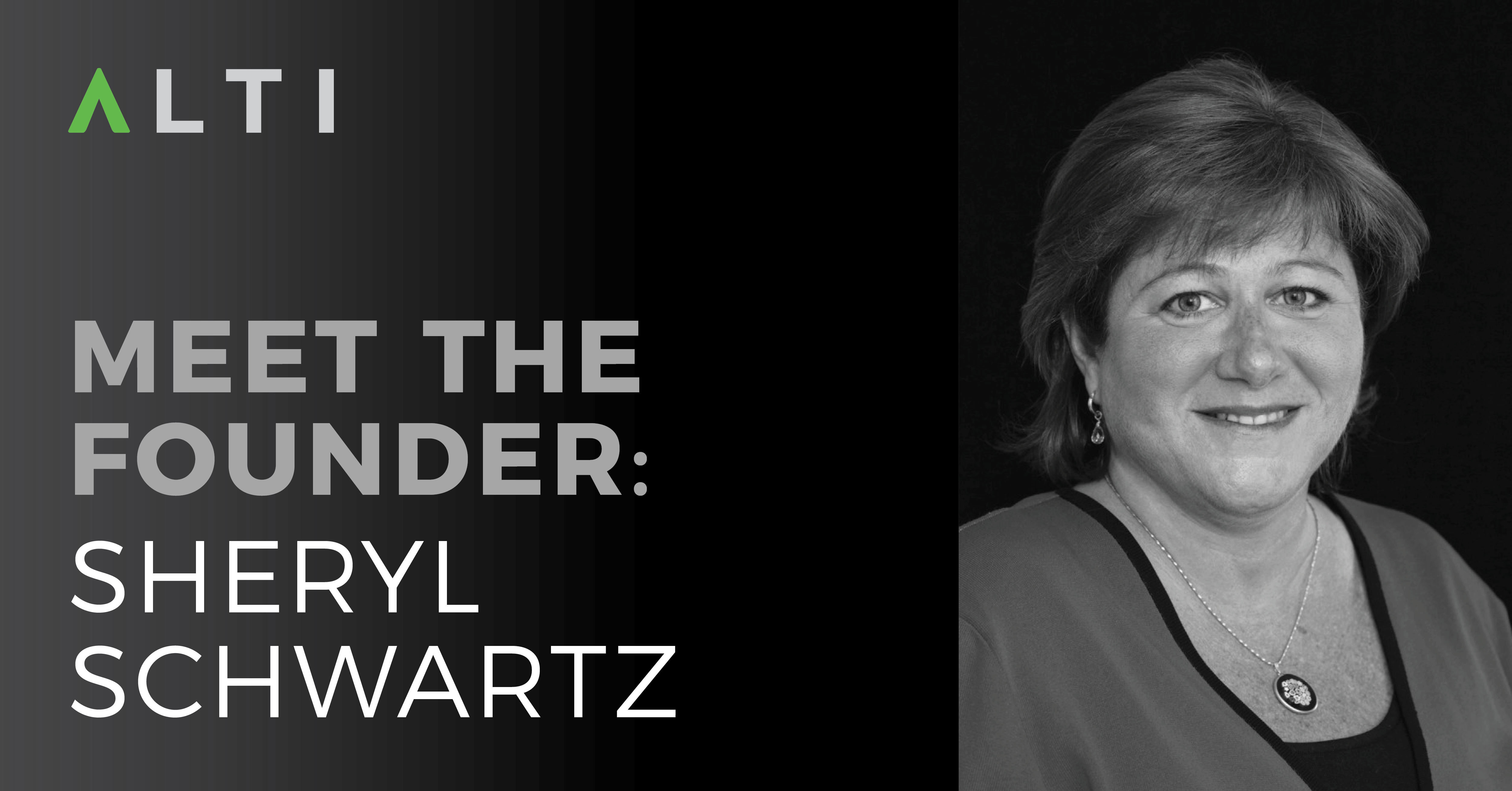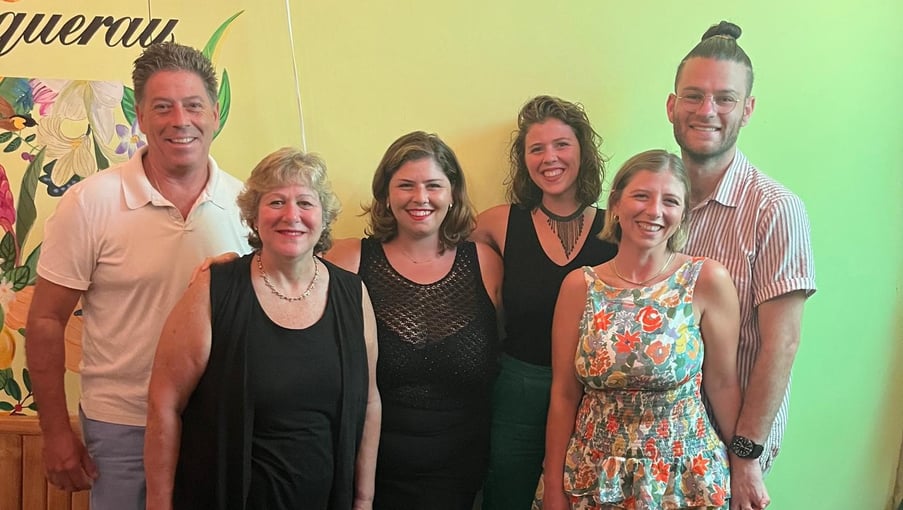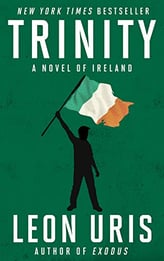Meet the Founder: Sheryl Schwartz
A co-founder of ALTI, Sheryl Schwartz brings an entrepreneurial spirit, dealmaking prowess, and deep institutional knowledge to her role as Chief Investment Officer. We sat down with Sheryl to discuss some of the experiences and people that helped her on her way to becoming a preeminent figure in the private equity industry.

Can you describe the path that led you to private equity?
From a young age I knew I was good at math and interested in business. In my first job out of school I went through a bank credit training program and worked in credit, including senior and subordinated debt for LBOs. I then spent ten years at TIAA rotating between various asset classes within fixed income. I was very fortunate at TIAA to have a mentor who was always encouraging me to work on new projects with him. Initially I helped him start the ABS and MBS groups and the secondary trading desk. Most people at the company did not move around much, but I like to do new things.
Later on, I was tapped on the shoulder to volunteer to start an alternatives team, with the caveat I’d have to continue doing my current job until the team was formally established. That was an exciting time, and a big risk for me to take. Over the following year, I took care of the systems, the approval processes, the deal flow, underwriting, coordinating with legal and accounting, building out the team, you name it, and we were off to the races. In time we were able to build a diversified portfolio of $13 billion of investments in private equity funds, co-investments, mezzanine debt and timber. One of the things I’m most proud of is the diversity of the team I built - we had 10 investment professionals, 8 of which were female and 3 of which were minorities. When TIAA ultimately decided it was not going to be investing in private equity for a while after the GFC, I decided to join a private equity firm focused on mezzanine debt fund. It was hard to leave the team that I built but my love of doing deals triumphed. It’s the fun part of the job and what I do best.
Can you talk about your experience as a woman in a male-dominated industry?
Overall things are getting better for women in private equity. There’s a level of awareness now that women have opportunities today that did not exist 20 years ago. The progress is slower compared to other industries though - it’s still predominantly men at the senior levels on the investment side. I was lucky to have some bosses who were supportive and gave me opportunities to prove myself. The one boss who encouraged me to build out the alternatives team at TIAA had two daughters of his own, and I think men with daughters are often the ones who want to help create opportunities for women. But of course, no matter what you must work hard and prove yourself on merit. If you have a good person supporting you, then the opportunities will come.
Do you have a favorite hobby?
Between working, commuting and raising three kids I haven’t had much time for hobbies! I do enjoy swimming though - that’s something I try to do at least three times a week. On weekends I try to spend as much time as I can with my family. We have both sides of our family living within an hour or two and frequent weekend birthday parties and other family events keep us busy. We love to travel as a family too.

Could you tell us about the courses you teach at Fordham and the lessons you try to impart in your students?
I taught one semester of introductory finance but for the most part I’ve been teaching an undergraduate course on private equity. I like to begin with a broad overview of private equity, covering buyouts, venture capital, distressed, and secondaries. The remainder of the course is focused entirely on case studies involving real companies, which we get from the Harvard website. I like to choose cases that I have some relation to: either I invested in it myself, decided to turn it down, or I have a relationship with the GP. Some of the cases are evolving in real-time so it’s great to be able to get updates from the GP directly.
For each case I divide the class into teams, and each team has to coordinate a presentation and conduct peer reviews on each other. I make sure to tell all my students in the first class that just like any job in private equity, this course is a lot of work and team-based.
Looking back, how do you think your parents shaped your thinking about the world?
My father was an accountant and my mother was a school teacher. She was very demanding, and not only with respect to academics. Every day of the week my siblings and I would be busy with piano recitals, volunteer work and various other activities. I can’t remember a time when we all just sat around watching TV. There were five kids in my family, and many of them are outspoken, so it was often a challenge advocating for myself when there were four other strong-willed voices competing for my parents’ attention. I became used to always having a lot of people around me and constantly multitasking. The importance of staying busy and setting high standards for myself were certainly drilled into me from an early age.
Can you tell us about any memorable trips you’ve taken?
This summer we were in Mallorca and I wasn’t expecting the trip to be as good as it was. The beaches were beautiful, the food was great, and the weather was perfect. I’d definitely go back. Every summer we also try to spend at least a week in Martha’s Vineyard. We’re also about to take our third family trip to Panama to visit an au pair we grew very close to when she lived with us. We’ve had some great au pairs from all over the world and have based a lot of our travel around visiting them. Some of them have become my closest friends.
What do you like to read?
I’m a big fan of historical fiction, particularly stories focused on cultures and periods which are completely foreign to me. It’s like traveling, but you don’t have to leave your comfortable chair. One of my favorite authors is Leon Uris. He has many great books, including his novel Trinity about the struggle for Irish independence around the turn of the nineteenth century, which was wonderful.
